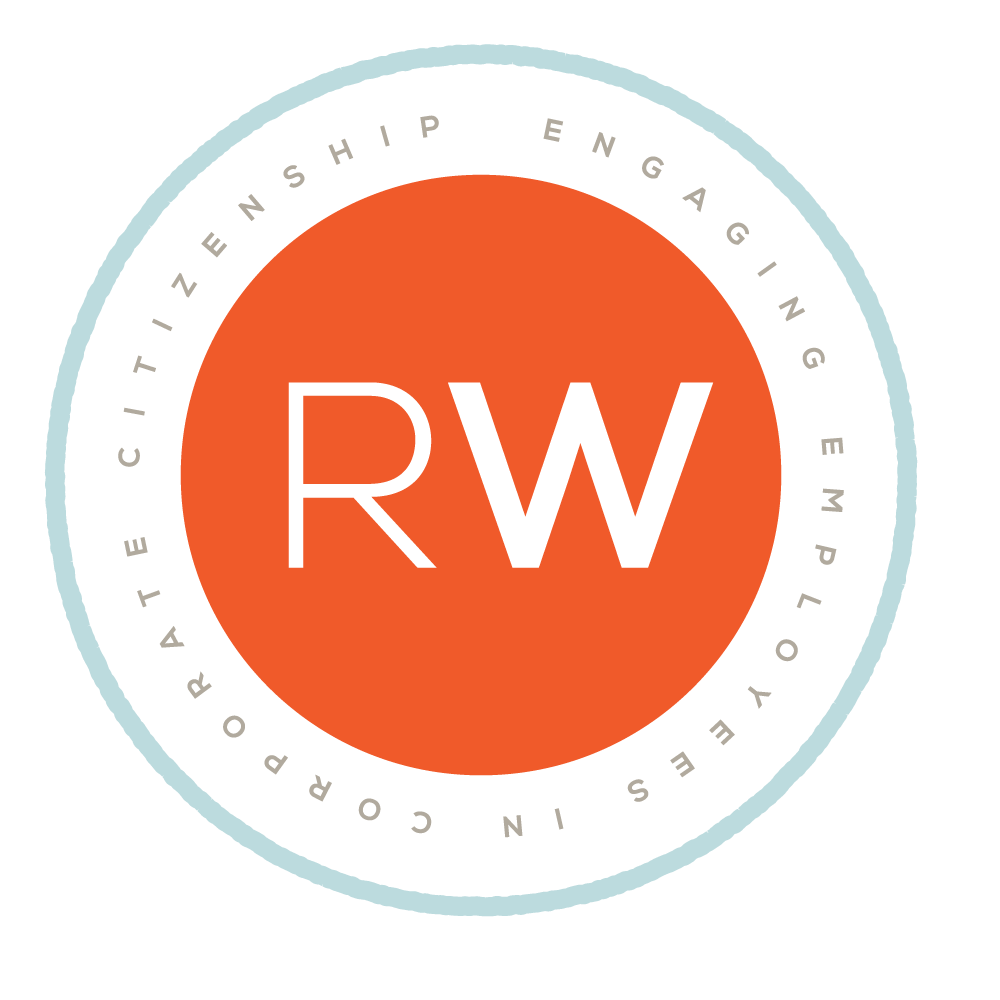Meaningful Work Means Lower Pay? No Problem.
If employers want to attract talent, they have to think about how jobs are connected to impact.
Read more here: The Realized Worth Blog
Net Impact's nation-wide study says: Careers that include social impact for the next generation of workers are not a ‘nice-to-have,’ but rather, something they expect. If employers want to attract talent, they have to think about how jobs are connected to impact.
Recently, we had the opportunity to speak with LizMaw, CEO of Net Impact, regarding Net Impact's nation-wide study of what students and professionals most value in a job. Net Impact is a nonprofit with a mission to mobilize people to use their careers to improve the world. Their ‘Talent Report: What Workers Want in 2012’ set out to investigate how people view jobs that provide the opportunity to make social or environmental impact. Conducted in partnership with Rutgers University, the survey looked at a statistically significant national sample of 1,726 university students about to enter the workforce, and currently-employed four-year college graduates from three generations (Millennials, Generation X, and Baby Boomers).
Lower Pay for Greater Impact
One of the most interesting findings revealed that 65% of students entering the job market today expect to make a social and environmental impact through their work, and 45% indicated they would be wiling to take a pay cut to do so. In fact, students say it is more important than having children, a prestigious career, being wealthy, or being a community leader — ranking only below financial security and marriage. As Liz notes, “what this shows us is that careers that include social impact for the next generation of workers are not a ‘nice-to-have,’ but rather, something they expect. If employers want to attract talent, they have to think about how jobs are connected to impact.” (Read more about attracting talent here).
Greater Impact Equals Higher Satisfaction
Beyond drawing talent, connecting jobs with impact was also shown to be key to increasing employee engagement and satisfaction. According to the survey, employees who feel they can make an impact on social and environmental issues while on the job are twice as satisfied with work as those who don’t. (Read the 'Business Case for Employee Volunteering).
These satisfaction levels are illuminated further when looking at the ways people feel connected to impact through their jobs. For example, 45% of employees who have volunteered with their company or co-workers report that they are very satisfied with their jobs, compared to 30 % percent who don’t. Also, 45 percent of employees who say they worked directly on a product or service that makes a positive social impact are very satisfied with their jobs, compared to 29 percent of those who don’t. The numbers are similar with regard to people who provide perspective on issues of sustainability and responsibility at work.
How Companies Should Respond
So, citizenship and sustainability advocates of the world have reason to be encouraged! The data is clear and the implications are obvious. As the report summarizes, “in order to satisfy, attract, and engage top talent, employers would be well advised to place a greater emphasis on connecting jobs to social and environmental impact.”
This, of course, will require leaders to articulate the organization’s mission more broadly in terms of impact, as well as to help every level understand how their role shares in that mission. It also requires that companies provide their employees specific impact-oriented activities that allow them to apply their skills, either as part of their job description (such as through product or service development), or as an initiative that goes above and beyond their daily role (such as starting a volunteer program).
In order to find out more about the study and how Net Impact can help you become a change-agent in your workplace, visit their website.
Realized Worth works with companies to give employees a reason to care about their employee volunteering programs. Give us a call to discuss your company's unique situation: 317.371.4435 or email me, Brent Croxton, directly: brentcroxton@realizedworth.com.



